6. There Will Be No Harvest This Year (2000, Fernando Lavanderos and Gonzalo Vergara)
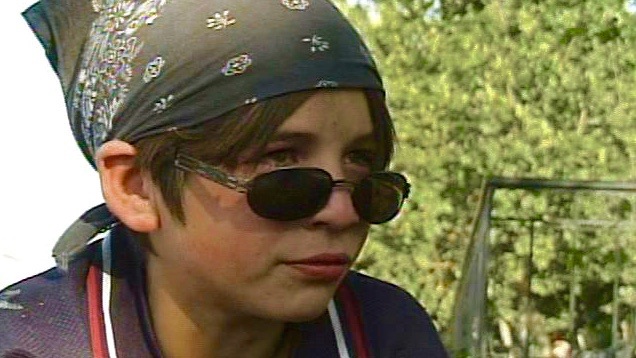
This documentary is a raw and realistic portrait of the life of a group of children living in the street and perhaps, the most hidden and precious jewel of Chilean cinema.
In Santiago, ‘Jesús del Infierno’ and his friends, for reasons of family violence, decided to go to the streets, facing survival and marginalization.
What is interesting about this film, unlike others, is the closeness that the directors achieve with the children; a bond that becomes fundamental in order not to fall into the cliche of showing poverty in a sensationalist way. Here, the camera is organically inserted.
At one moment, the children take the camera and interview different adults about what they think of the children living on the street. They only receive elusive looks and silence. It is interesting how this evidences the invisibility that exists in this subject, where children must face total abandonment. This report, which may seem like a very innocent game, is actually a subversive act employed by children where they seem much more aware of their reality than adults.
The little innocence that remains offers comic moments in their wanderings, but without a doubt what prevails is the harsh portrait of an interrupted childhood, where foster homes are much worse than prisons and drug addiction is their way of avoiding pain but also their condemnation.
There is no doubt that despite Chile’s insistence on looking like the country with the best economy on the continent, misery still exists.
7. Forbidden Games (1952, René Clément)
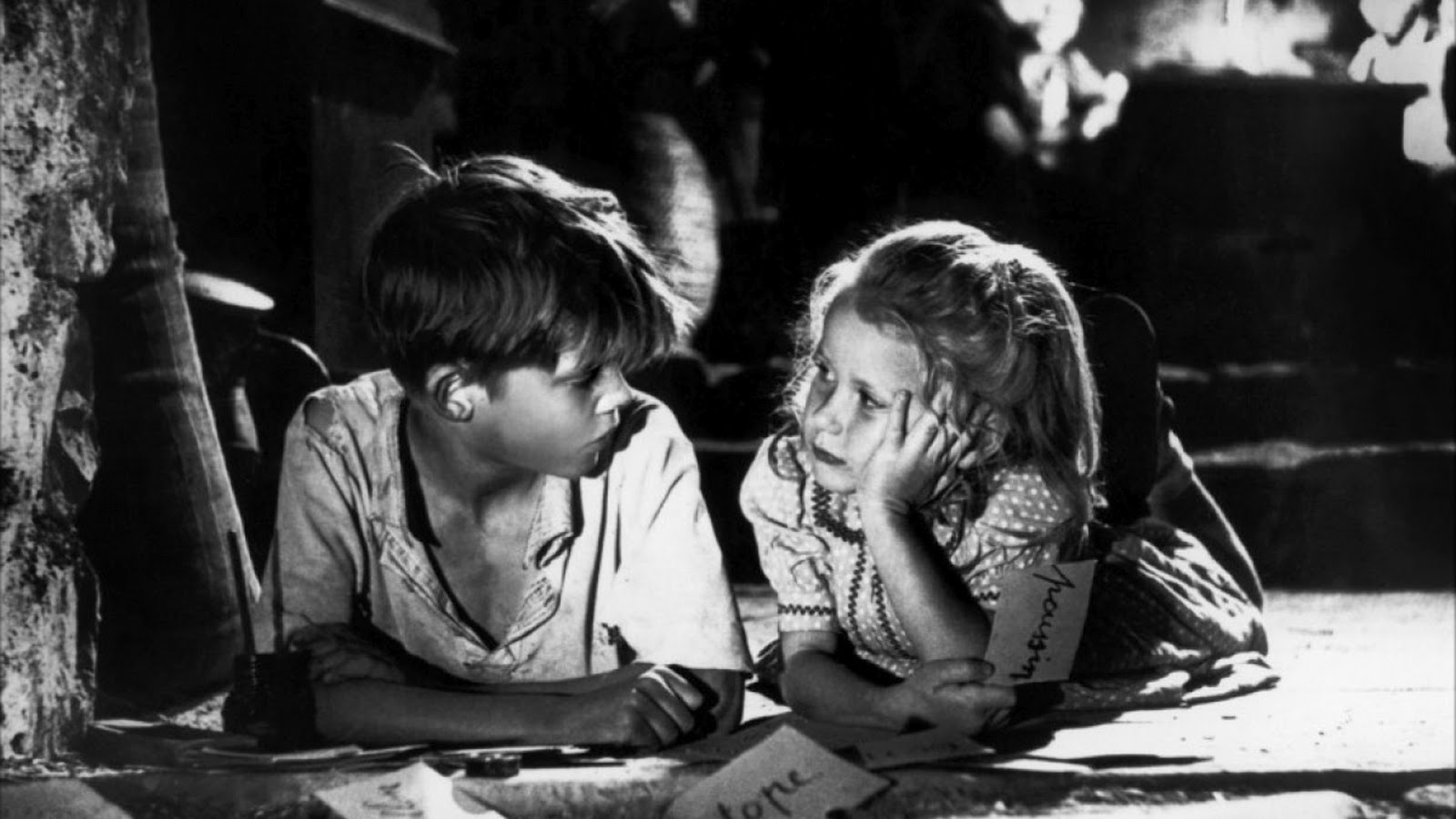
The film begins with a horrific portrait of the war where a dozen Parisians are killed by the German Army in an air raid. Among the survivors is Paulette, a little girl who barely knows what death means. In a moment where everyone escapes to save themselves, she meets Michel, a child who will become her accomplice and the only emotional bond she has to face the loss.
Wishing to bury her dog, Paulette comes up with the idea of creating a cemetery for animals. The exhaustive search for all kinds of insects will become the ‘forbidden game’ in which Paulette and Michel will be able to face the trauma of death in a symbolic way.
Narciso Yepes’ impeccable guitar performance is used as a leitmotif for the saddest moments, creating a lyrical atmosphere. Innocence becomes a way of resistance to escape from adult’s frivolity and from war, which despite not being explicitly present, is always behind with its devastating echo.
8. Pixote (1980, Hector Babenco)
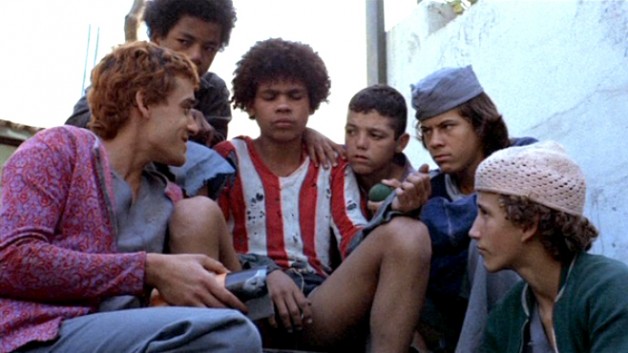
In Brazil there is a law that prohibits the conviction of a minor under 18 for a crime, so children are bribed by adults to commit crimes with impunity. This is what Babenco tells us in the middle of a favela in a peculiar prologue to what will be his denunciation of the homeless children in Brazil.
Pixote and his group of friends, after witnessing the corruption and violence that exists in the reformatory where they are locked up, will see the path of criminality as their only salvation. When they become a gang of pickpockets, life seems to gain hope, but on the streets of Rio de Janeiro they will face an even tougher scenario with drug trafficking and prostitution.
This film is the cruel tale of a childhood torn apart by the irresponsibility of the authorities. The only thing left for the children is their friendship, which can offer moments of play, but these are not far from being mirages of the only world they know; a world in which violence, crime, and murder are accepted as normal.
Babenco didn’t feel a part of any nation and his feeling of exile makes him a misfit. This is why marginality has been his quintessential theme.
9. Journey Into Solitude (1972, Koichi Saito)
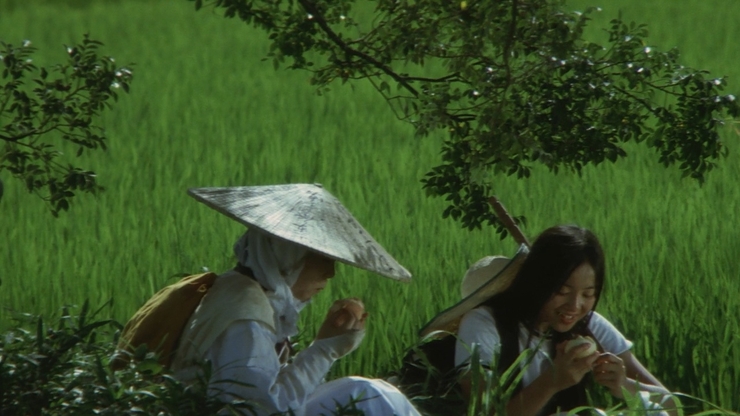
A young girl decides to leave her boring life in search of a journey that gives meaning to her existence. The yearning for independence will take her through the hard exercise of the pilgrimage where she will find disappointments but also wisdom. Through the letters she writes to her mother, we know her reflections and feelings, expressed by a voice-over.
Attracted by the charisma of a small travelling theatre company, she will join them, but when she discovers that they don’t share the same vision of the world, she will continue her journey toward nothingness.
The fever and discontent of believing that her trip is a failure will leave her lying in the middle of nowhere. But a fisherman will save and give her what she was searching for.
Through the beautiful idyllic landscapes of Japan with a pop aesthetic and folk music, we experiment with this road movie on foot, which proposes a more hopeful and sweet loss of innocence.
10. Long Journey (1967, Patricio Kaulen)
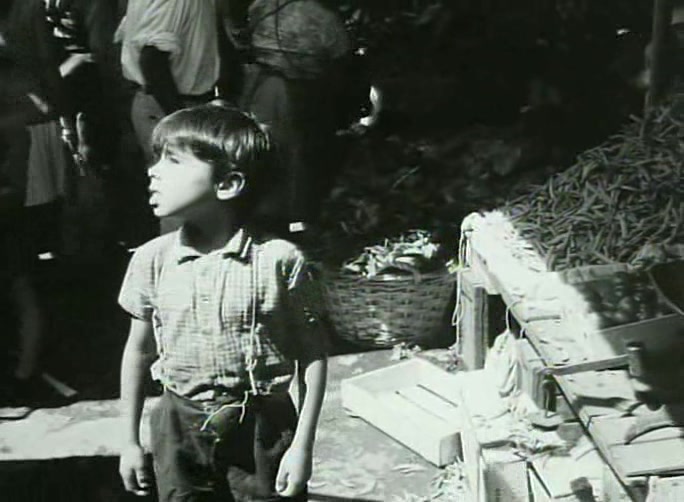
In the Chilean capital, a child awaits the birth of his brother. But he is born dead and conceived as a ‘little angel’. After a funeral rite among wine and dance, the little angel will be taken to the cemetery. But his brother thinks that something important is missing: the cardboard wings that he used during the rite. The child believes that without them, his brother will not be able to fly into heaven, so he begins a journey to give them back to him.
The itinerary will have its detours and mishaps that will serve to make visible themes that until that moment hadn’t been portrayed by Chilean cinema.
More than a childhood’s portrait, it’s the loss of Chilean innocence, corrupted by the desire for progress and modernity, that loses the popular elements that constituted its identity.
It’s the disadvantaged social classes that receive the hardest blow; modernization seeks to eradicate poverty in a superficial way, moving it to the periphery where it is completely excluded and without the possibility of social advancement.
It is available online in the digital archive of Chilean films.